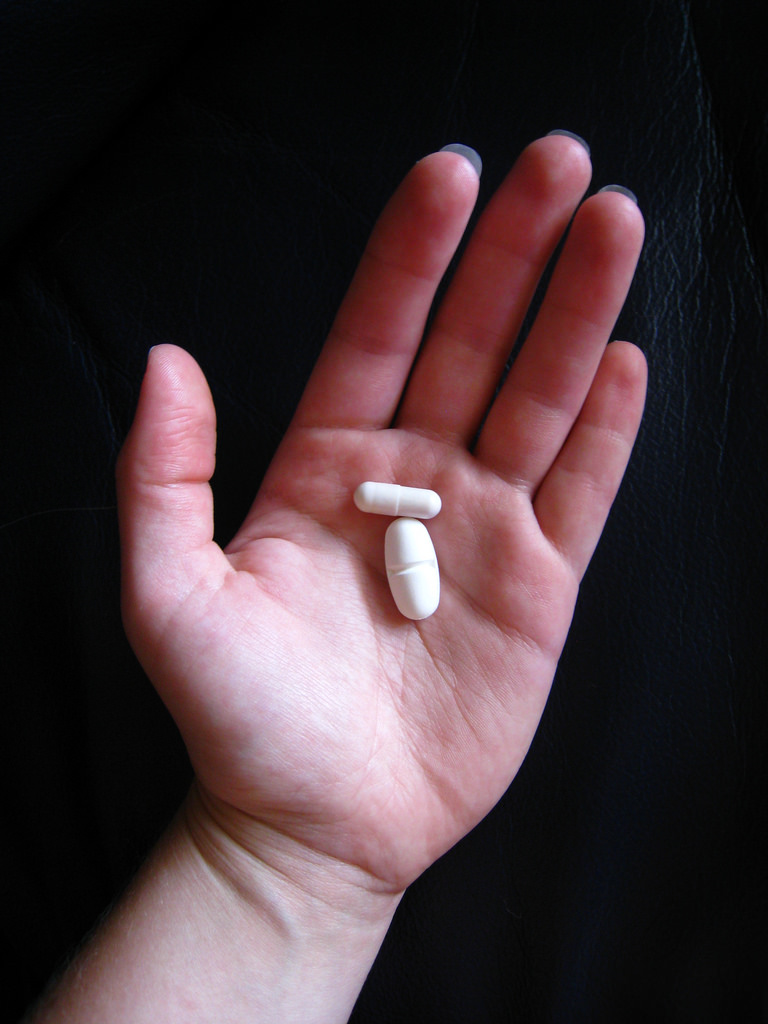Health
Probiotics make no difference to intestinal infections in kids: studies

Probiotics are live bacteria and yeasts that are said to be good for the digestive system. They are found in supplements and some foods such as yogurt.
CALGARY — Two studies released by the University of Calgary suggest giving children probiotics to fend off intestinal infections won’t make any difference.
Dr. Stephen Freedman from the university’s Cumming School of Medicine was part of both projects, one in the United States and the other in Canada. They looked at the effects of giving probiotics to hundreds of children brought into emergency departments with vomiting and diarrhea.
“I thought it was really important to answer this question as the field of probiotics continues to grow and we’re going to see more and more of it probably,” said Freedman, an emergency room pediatrician.
“I was hoping it was going to be positive, because as a physician, as a parent with two kids who’ve had vomiting and diarrhea, I would love to have a treatment option that we can provide and recommend that is based on solid evidence.
“The evidence doesn’t support their use.”
Probiotics are live bacteria and yeasts that are said to be good for the digestive system. They are found in supplements and some foods such as yogurt.
Freedman led the 3 1/2-year Canadian study that included almost 900 children from six cities. He was also co-principal investigator on a concurrent 10-city, three-year project led by Dr. David Schnadower in the U.S. that studied almost 1,000 youngsters.
Findings from both studies are published in the New England Journal of Medicine.
Researchers looked at children between three months and four years who were suffering from gastroenteritis. Each study looked at a different strain of probiotics.
The Canadian study focused on children who had symptoms for less than 72 hours.
The time frame for the American kids was extended to seven days.
Some of the children received probiotics, while others were given a placebo.
The study found there was no change in the kids on probiotics — their symptoms didn’t lessen nor did they recover any quicker.
“Across both those populations, both countries, both agents, we found no difference,” said Freedman.
He stopped short of saying that giving probiotics to children is a waste of time, but pointed out it can be expensive and suggested it’s up to parents to decide.
“They should consider the pros and cons of doing it. The good news for parents is that they’re incredibly safe.”
The results of the studies come as a relief to Melanie Tibbetts, a mother of two young sons in Calgary. Sawyer is five months old and Wyatt is almost four.
“It does take away some of that pressure,” Tibbetts said, referring to the overwhelming amount of advertising aimed directly at worried parents.
“You continue to see all of these advertisements … (about) gut health and how can you help your children.”
Knowing that probiotics aren’t harmful is also reassuring, she said.
“For me, I’m automatically interested. If that’s going to potentially make my children healthier, tell me more about it.”





















